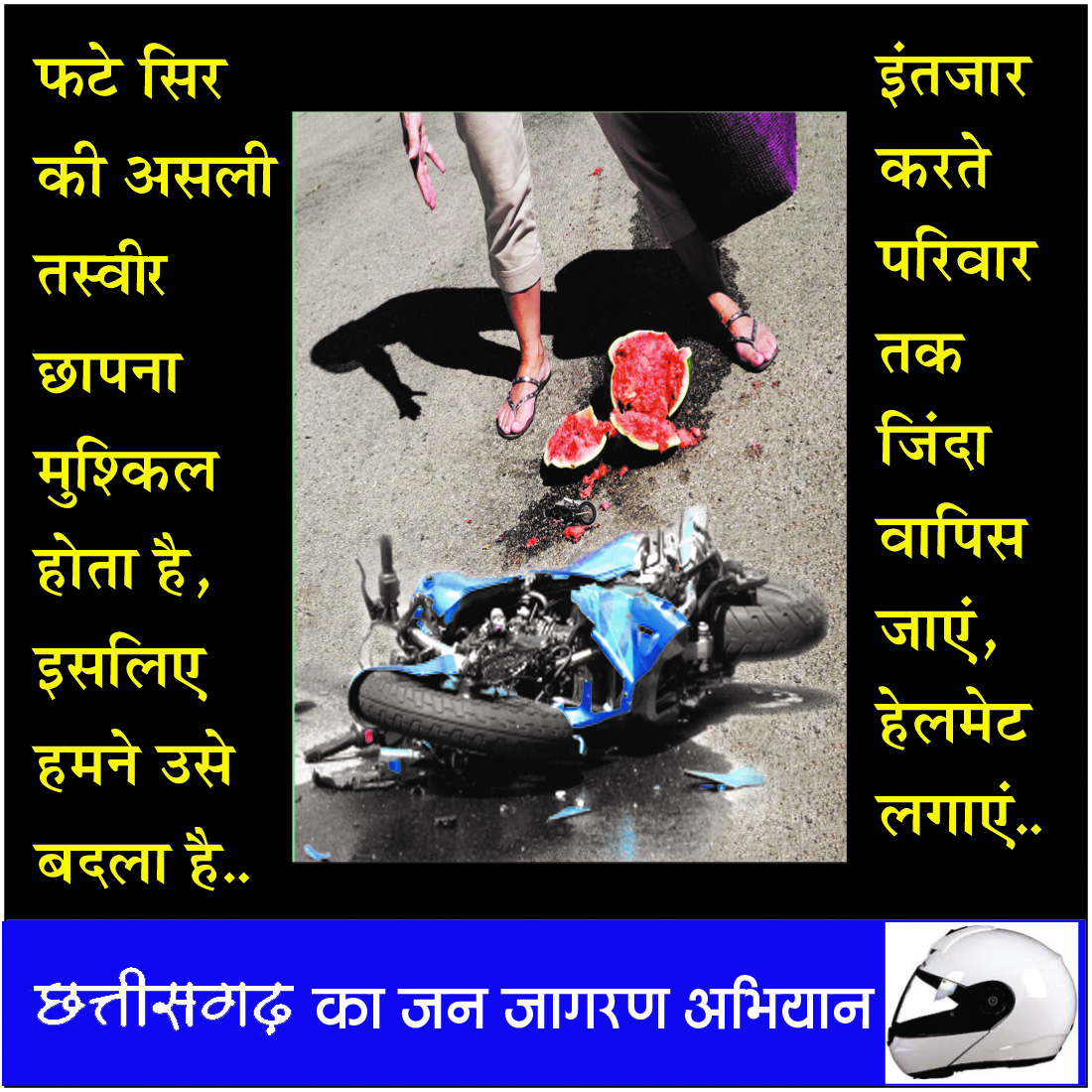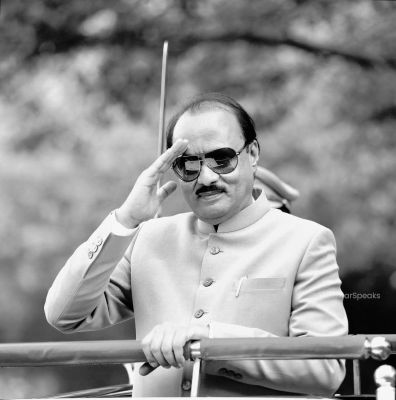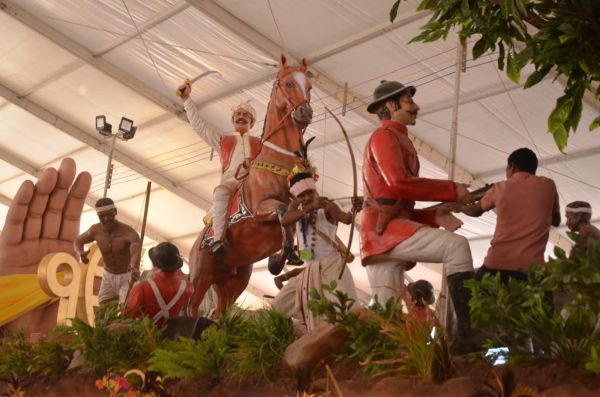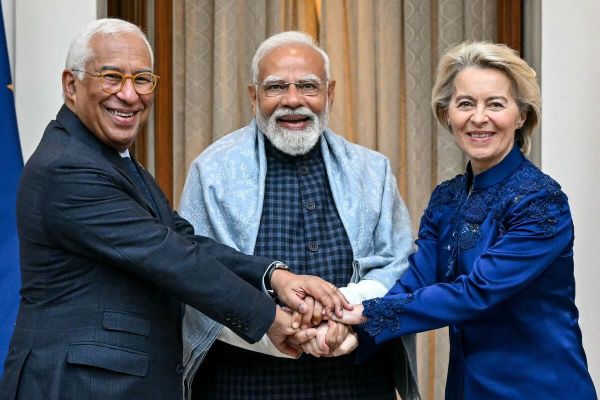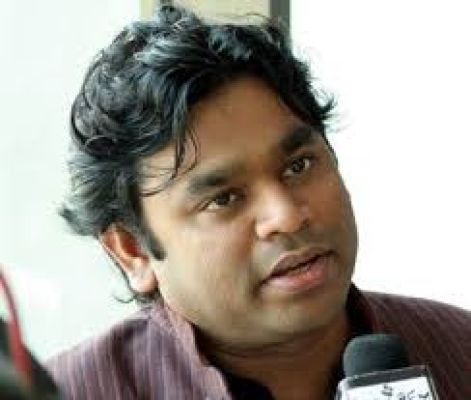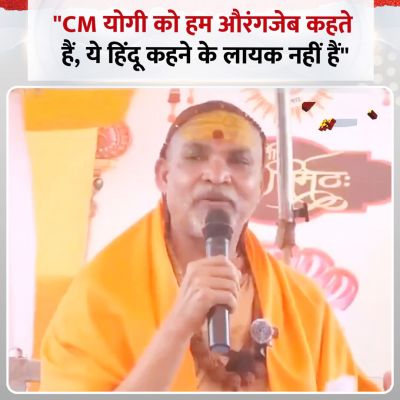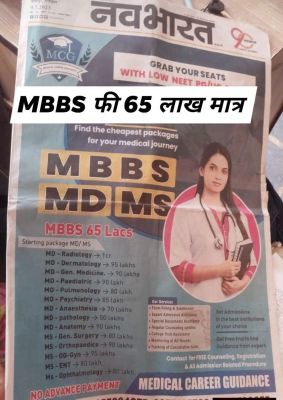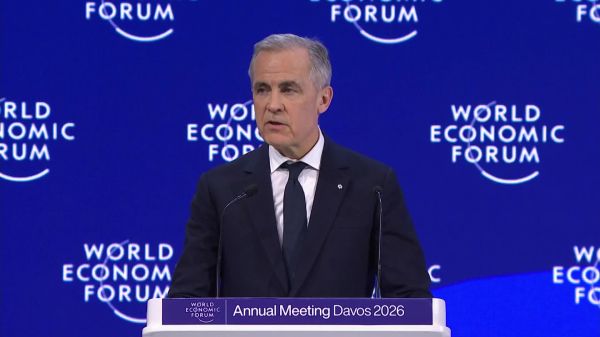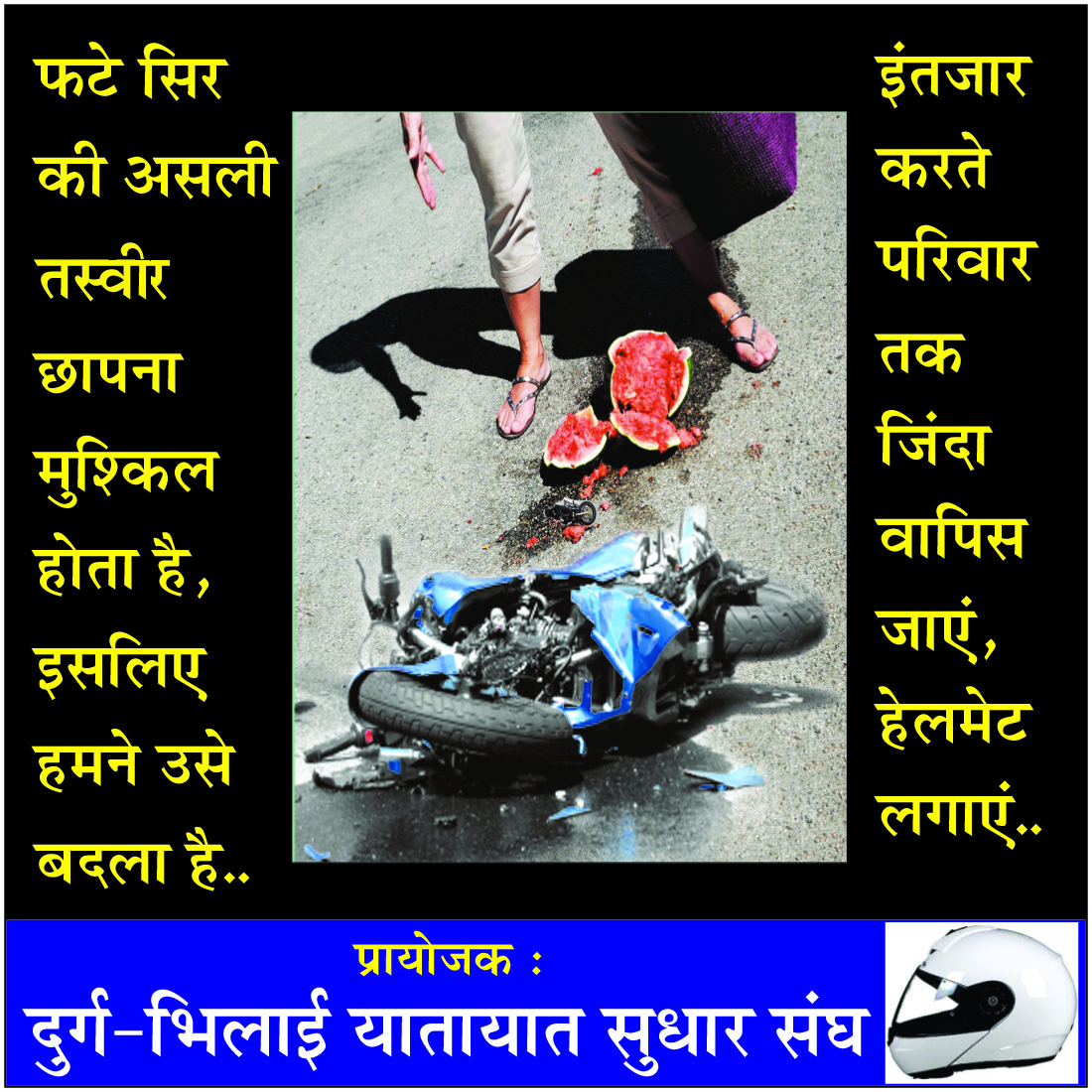विचार / लेख
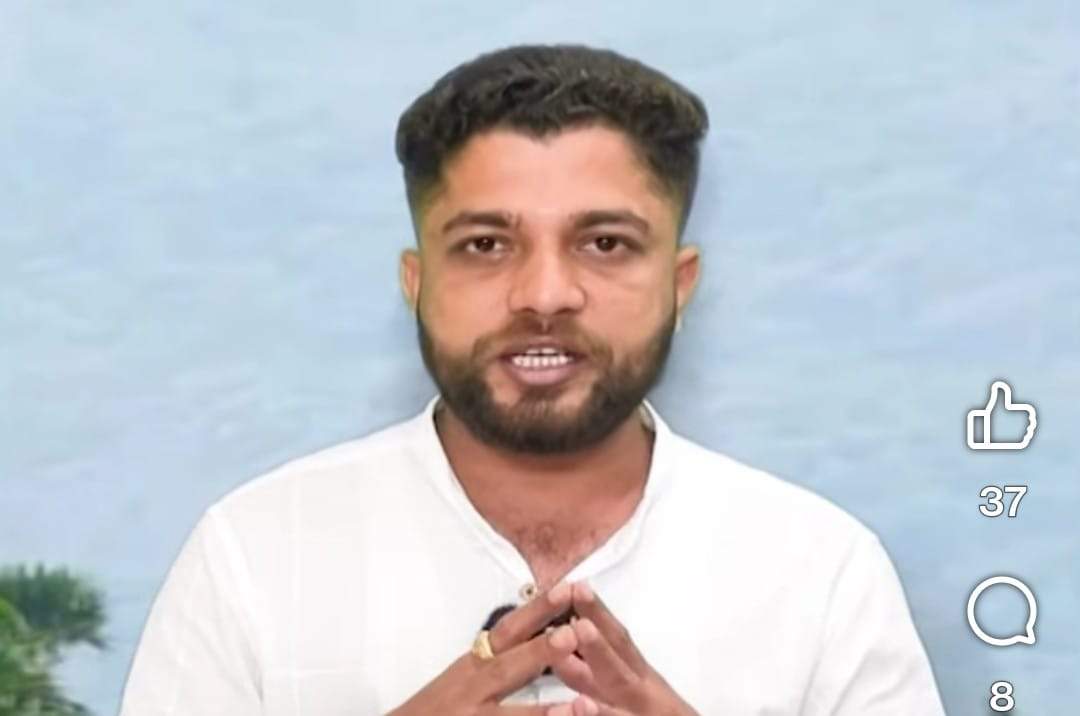
A Painful Memory of a Fellow Journalist
-Dipankar Ghosh
For two days, words have failed me. How do you begin to write a tribute to a journalist, a friend, a brother? What memories do you choose? How do you describe him when nothing really contains him?
The first time I met Mukesh Chandrakar was in December 2015, weeks after I had landed in Chhattisgarh as the Indian Express correspondent in the state. There was a story in Bastar, and I had reached Bijapur, one of India's most dangerous places to report, with very little to go on. There I was, at the district headquarters, in a run-down press club building among a group of journalists eyeing me suspiciously. The suspicion of "national journalists" is warranted. Very often, we climb on the shoulders of our regional colleagues, leave them to danger, or worse forget we ever knew them. The story spot was deep inside the forests, some 80 kilometres away. Impossible to access without help.
I asked loudly, sheepishly, if someone would come with me tomorrow. By come with me, I meant take me. In that moment, I was helpless. There was only one voice that said "Haan, kal chalenge aapke saath."
I went back to the relative comfort of my hotel in Jagdalpur. Mukesh went to the mechanic shop to repair his motorcycle for what lay ahead. The next day, at the agreed 5 am, we met at the Bijapur bus stop(there was no phone network except BSNL in Bastar in 2015), and set off. Me on the back of his bike. He was young, but he was my first teacher in Bastar. He taught me the dangers of relieving yourself on the sides of a freshly laid road, because that's where an IED would be. He taught me to stand up on the back of a bike to ensure that your muscles don't spasm under duress. We navigated paved roads, and then unpaved roads, and then no roads. Carried the motorcycle across streams. Waded through mud. He told me how to navigate a complicated world of hostile police, hostile Maoists, and beleaguered people. I was doing all this for my story. He too was doing all this for my story.
The piece appeared. It was an important story, and the state took note. I was congratulated for my work. The byline said my name, not his. I worked for the Indian Express, he didn't. For four and a half years, Mukesh did this over and over again. Not just for me, but for many others. It was on his back that stories of Bastar, of state-Maoist violence, of people were ever told.
For me, Mukesh was the personification of bravery. I'm not going to pretend that in a universe where media organisations he worked for didn't even pay for his petrol let alone a stable salary, sustenance wasn't a problem, and therefore some wires weren't crossed. But Mukesh loved journalism with a passion. When he was with you, nothing was impossible. He was always compassionate to people he reported on, always empathetic.
He was rooted in Bastar, but not limited by it. After a decade of jumping from one channel to the other, he realised organisations would never truly value its ground reporters in the region. He recognized the power of technology, and became an enterpreneur--starting Bastar Junction, a YouTube channel that at last count has 162 thousand followers. Go to YouTube now and watch his videos, and you will find more journalism than screaming television studios can ever offer. He reported and wrote from spots of attacks, crossed forests and mountains to get to victims of violence, reported from police camps, and from Naxal camps. If one core principle of journalism is to inform, to reach new areas, to give voice to the voiceless, journalists like Mukesh are peerless.
Journalism in Bastar has risks, and he bore them all. Getting to a spot is more physically arduous, more dangerous than most can imagine. Maoists threatened his life several times; the state threatened him when he exposed excess. He was often bullied by his own Bijapur fraternity for helping "national journalists" but he never, ever wavered. It was him, and my other dear friend Ganesh Mishra, who risked their lives and went deep into the forests to rescue a CRPF Jawan abducted by Maoists.
But Bastar claimed him. On December 24, Mukesh helped report a story of a road in Bijapur, being built at great cost, but with shoddy material and obvious corruption. The story caused an enquiry. A week later, one day after the new year, Mukesh was found dead, buried inside a septic tank in the home of the contractor that built that road.
The last time I met him was during the Chhattisgarh elections, when I spent the day with him, Ganesh Mishra. We reported, talked and laughed for hours. And then Mukesh took me home because he had cooked some lunch himself. We laughed and lamented my distance from Bastar, and friends like the two of them. His last message to me, in October, had the words "Pata nahi kab mulakat hogi, par mulakat ka intezaar humesha rahega." I told him, "jald hogi mulakat."
How does one begin to remember him? As a journalist? As a bridge to Bastar? As the voice of those that would never be heard otherwise? Remember him as them all. He was them all. To me, he was my friend, my brother--Mukesh Chandrakar. Go well, Bhai. Mulaqaat ka humesha intezaar rahega.
